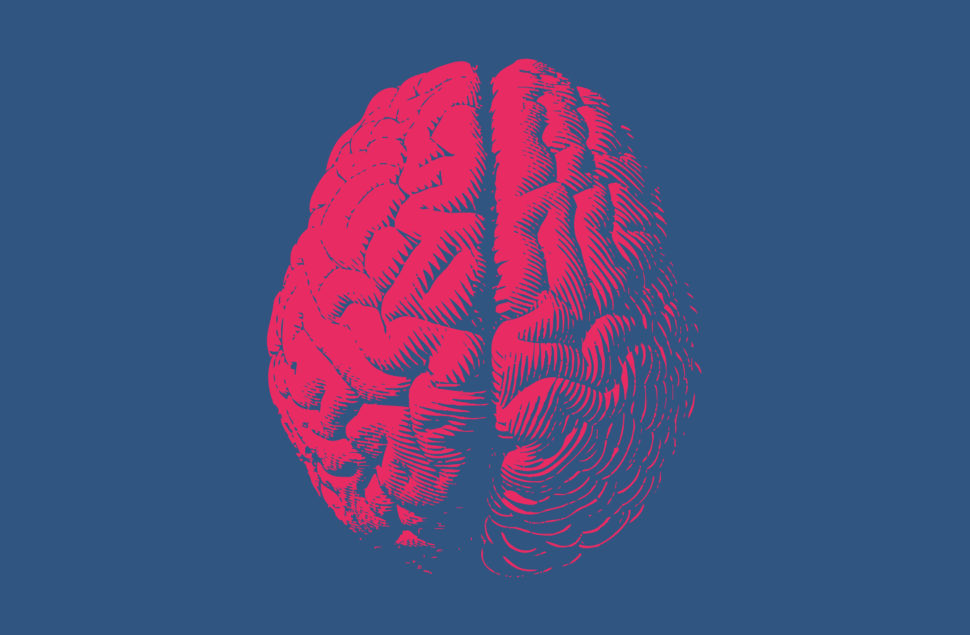The human brain forms memories, stores them, and recalls them to cope with the flow of information from the world around us.
We remember names, places, faces, events, experiences, and all sorts of random things.
While we may like to never forget some memories and suppress others, we don’t really have a say on that. Some memories stick around for seconds, others never fade as long as neurons are still firing.
For example, the image of a stranger crossed in the street has little chance to be memorized more than a few seconds. But if we pay more attention, we may hold it longer. In fact, it’s all about emotions that permeate the memory formation process.
The brain has evolved to accommodate different kinds of memories, according to the type of information to process and the durability of the memory and its retrieval time.
There’s short-term memory, long-term memory, working memory, non-declarative memory, and declarative memory (among others).
In any of these, the formation of memory involves information encoding, storage, and retrieval.
Neuroscientists know a good deal about how and where memories are stored, but memory retrieval is a different kettle of fish
Memories Take up a lot of Cerebral Real Estate
Using advanced imaging techniques, neuroscientists can track brain activity in real time and with high precision to identify which parts of the brain are involved in memory storage.
In the brain, the localization of neurons is not fortuitous. Our brains naturally organize neurons into different regions that each fulfill a particular function. Memory formation process requires several brain parts to act in concert.
Both the retaining of long-term memories and the processing of short-term memories is accompanied by strong prefrontal lobe activity. For spatial memory, and when transferring a short-term memory to a long-term status, the hippocampus intervenes. The amygdala, however, plays a key role in emotional memory.
Read More: New Research on the Role of Neurons Force us to Relearn the way we Learn
How our brains store memories is only one part of the memory equation.
According to researchers in a new study:
“The mental skill of bringing previously encountered people, events, and objects to mind is intuitive, but how neural circuits enable this episodic memory retrieval remains a fundamental question in neuroscience,”
Neuroscientists from the National Institutes of Health and Duke University worked with 14 epilepsy patients who, in preparation for surgery, had electrodes placed on their brains. The team monitored patients’ brain electrical activity while teaching them pairs of words.
A couple of minutes after they learn a pair, volunteers were shown one word and asked to recall the other word in the pair.
As they tracked neural activity, the group found that as people recall a memory, high-frequency waves ripple through parts of the brain at about 100m per second. Researchers think these oscillations could a necessary part of the memory recall process.
The team reports “coupled ripples” in the medial temporal lobe and the temporal association cortex, two brain areas respectively associated with memory function and language. This makes sense because volunteers had to recall a linguistic memory.
The findings of the study suggest that calling up a memory involves a mental jump back in time. Researchers found the brain’s electrical activity after the ripples (when recalling the missing word) to be similar to that when the memory was first formed (learning the word pair).
Although the study provides valuable insights into the neural mechanisms of memory retrieval, there’s still a lot to be learned about and from these ripples.



















Comments (0)
Least Recent